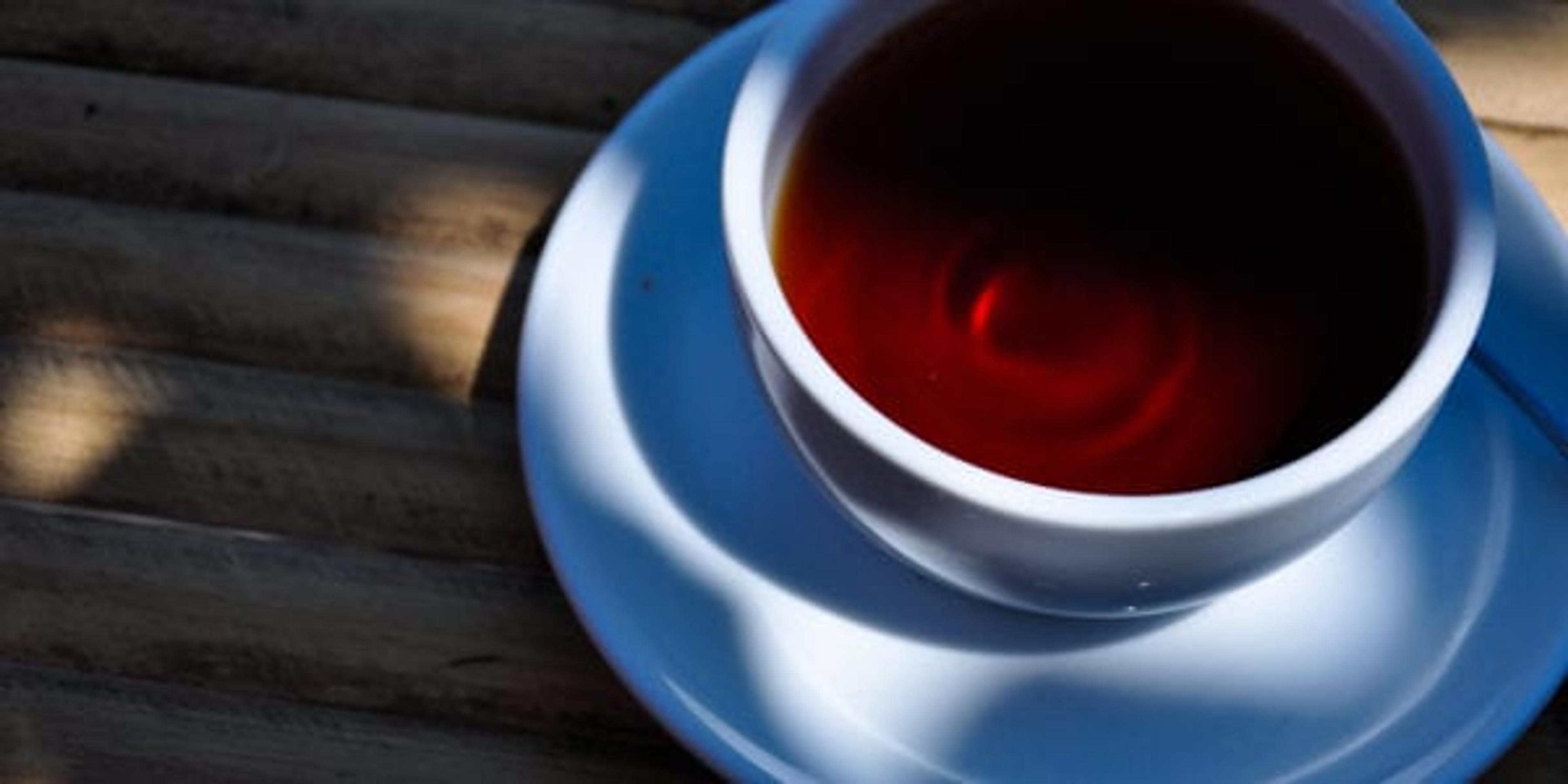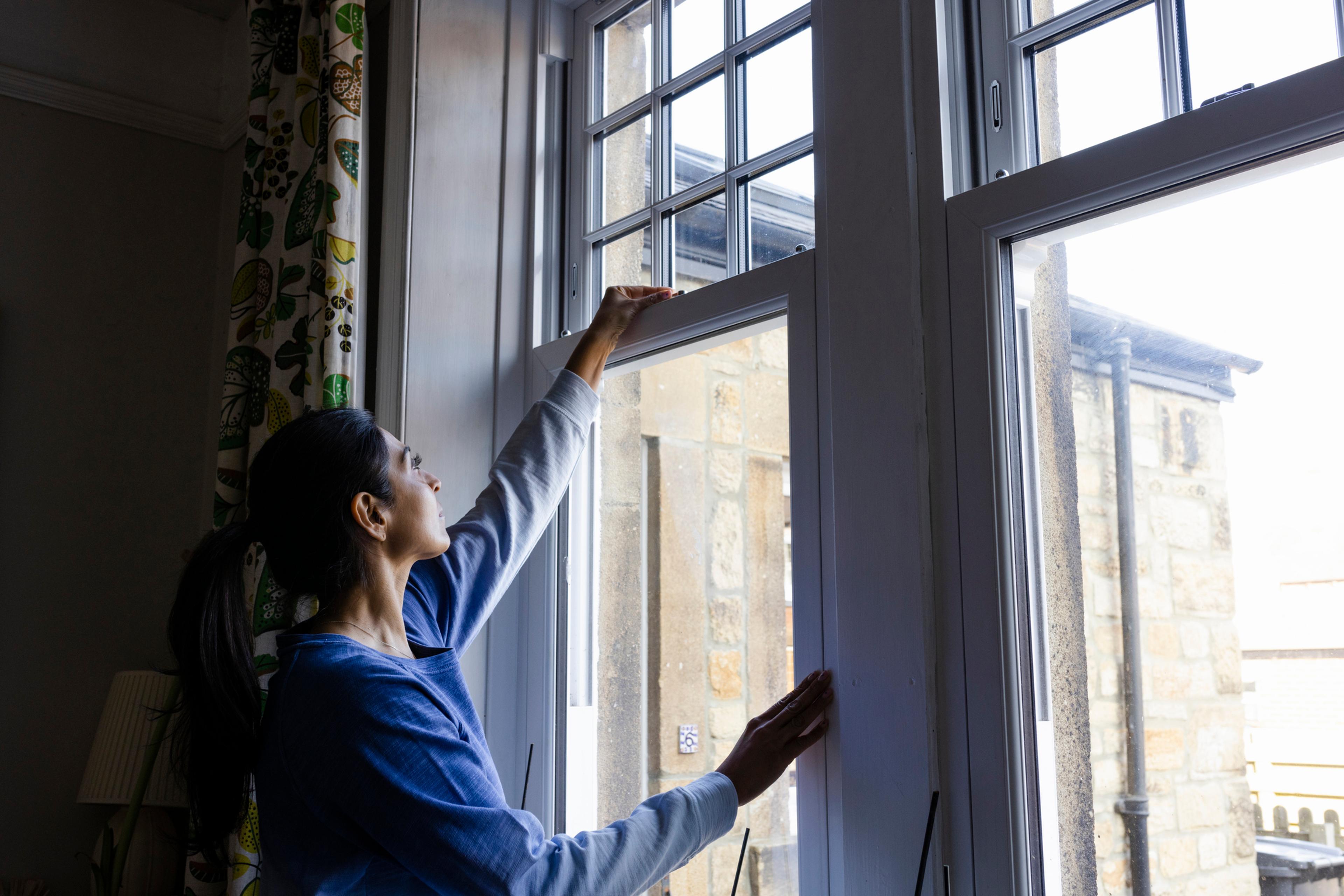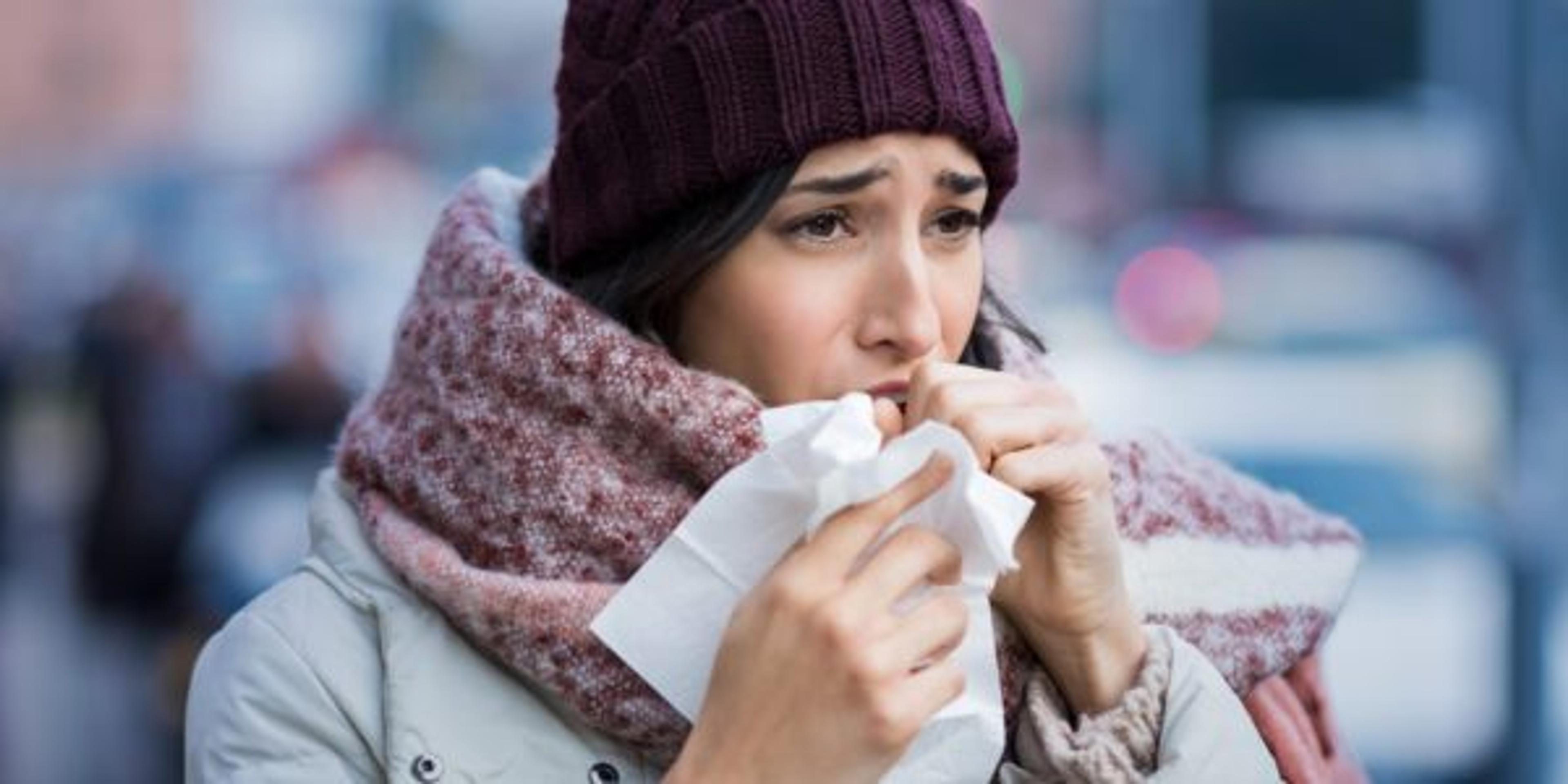Don’t let a cold ruin your summer vacation!
2 min read

When you think about summer, chances are you think of beautiful weather, the beach and picnics at the park…not runny noses and sore throats. But colds don’t solely happen in the winter.
Although summer colds only occur about 25 percent as often as winter colds, they can be more brutal and last for weeks instead of days. (One reason why summer colds last longer? They are often mistaken for allergies, so sufferers delay treatment.)
Want to avoid summer sickness this year? Read on to learn some simple, natural ways to strengthen your immune system:
- Eat lean protein – Foods that are high in protein like meat and nuts are full of antibodies and nutrients that help fight off bacteria. Zinc, a mineral that increases the body’s production of white blood cells, is found in lean cuts of beef and pork, beans, soy, oysters and crab, just to name a few.
- Catch some Zzz’s – Sleep deprivation can lead to higher levels of stress hormones, like cortisol, that can suppress immune function. For the average adult, doctors recommend seven to nine hours of sleep each night.
- Practice your ohms – Meditation is a great way to keep your stress in check. According to a study from the University of Chicago, people who meditated for an eight-week period produced more antibodies to a flu vaccine than those who did not meditate beforehand.
- Use a dash of garlic– Garlic is an antimicrobial agent that can fight off bacteria, viruses and fungi when eaten.
- Lay out by the pool– Vitamin D is essential for fighting against infections, especially respiratory ones. Being in the sun for 10 to 15 minutes each day (without sunscreen) is a great way to keep your vitamin D levels up.
- Go for a walk – Moderate workouts, like 20 to 30 minutes of walking, can strengthen the immune system and increase the production of white blood cells. Surprisingly, intense workouts like running a marathon can have the opposite effect and decrease the body’s production of white blood cells.
- Call a close friend – Having strong, meaningful relationships is associated with better health. According to one study from Carnegie Mellon University, lonely college freshmen had a weaker immune response to a flu vaccine than freshmen who had strong social networks and did not feel lonely.
Photo credit: Praven









